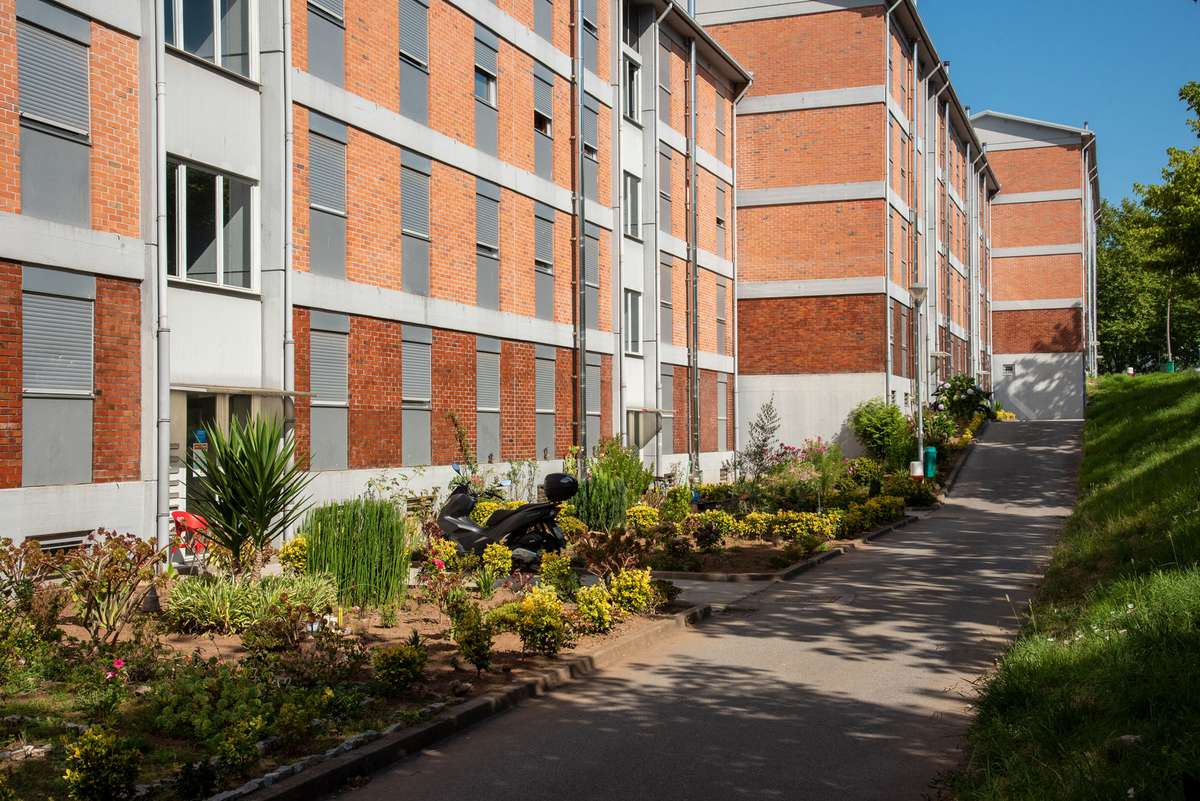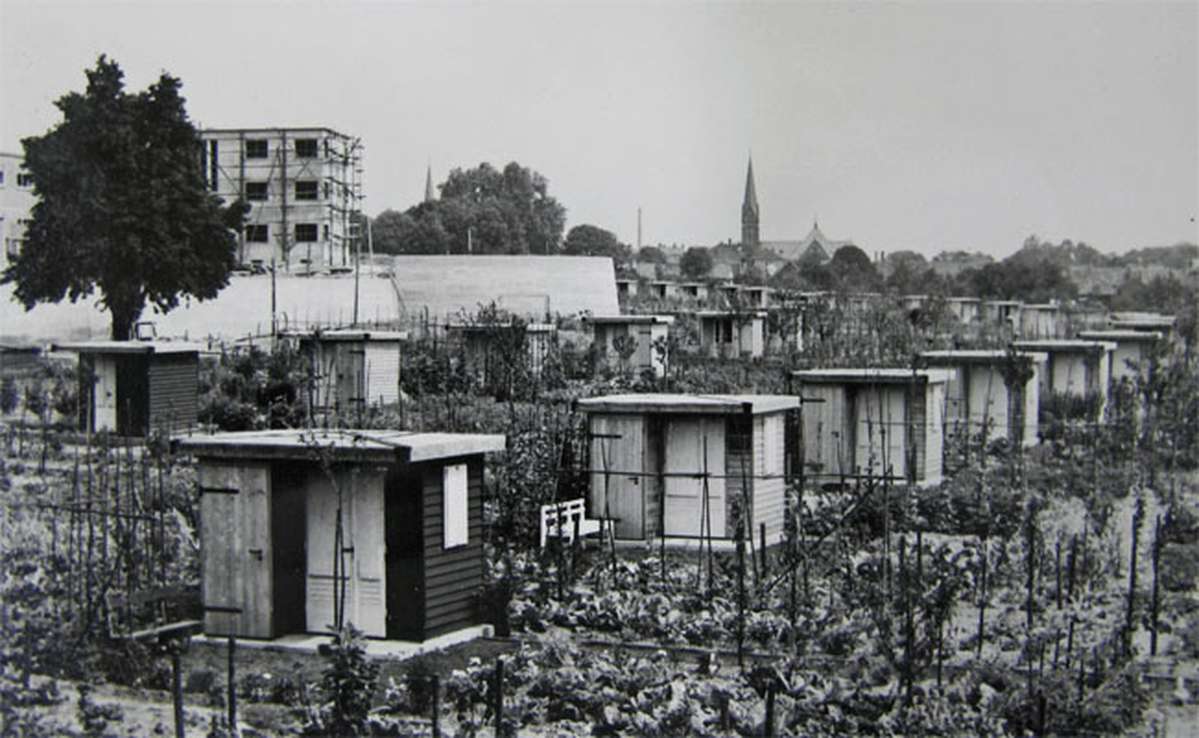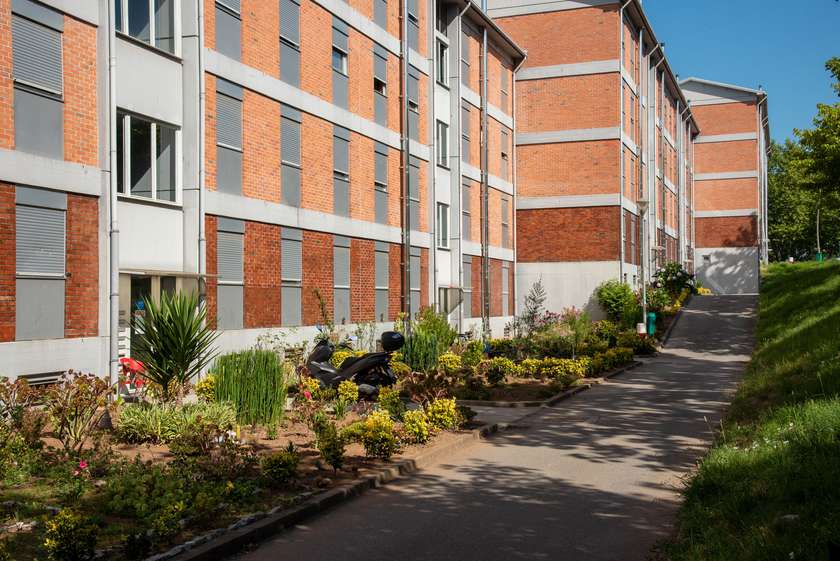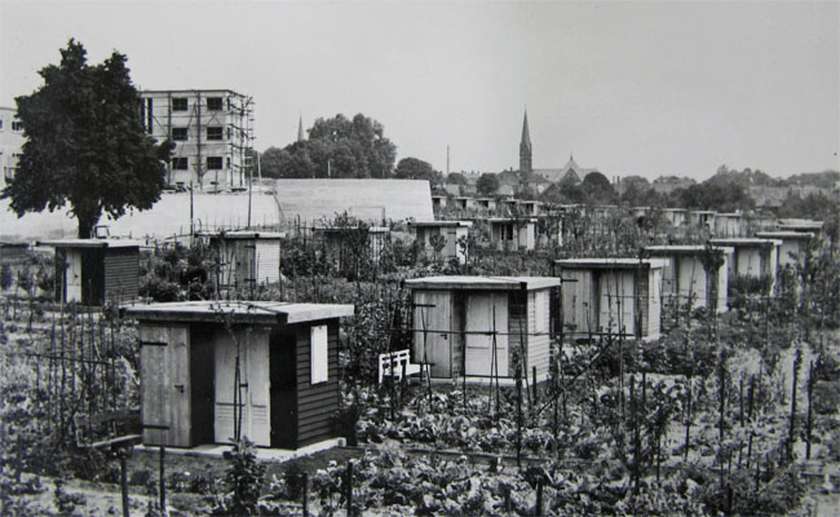Idea by
Alban Wagener
Call for ideas 2021
Porto Co-Gardens
Porto Co-Gardens

- Systemic changes
Since 1920, governments have been planning social housing in european cities to guarantee low income households adequate living conditions, however they often neglect the need for private gardens. In 1927, Margarete Schütte-Lihotsky, was commissioned to design a standardised wooden cabin for the garden colonies in Frankfurt. These garden colonies came up during the first world war, meant for the people to supply themselves with vegetables.
After the economic crisis in 2008, people in Portugal started to grow their own crops on soil without ownership and proper gardening conditions in unexpected places. Nowadays with an imminent crisis in the context of COVID-19, private gardens have been revealed to be an important resource to grow vegetables in a more ecological way.
Co-Gardens, mapps empty places near social housing and connects with interested people. It will also act as an educative program and engage schools and local restaurants to grow food in a sustainable way inside cities.

Lordelo, Social housing in Porto with improvised gardens in front of the houses. (c) AW

Fontainhas - self initiative urban gardens in Porto.(c) Ines Nepomuceno

Kleingarten Siedlung in Frankfurt, Gardencabin by Schütte-Lihotzky (c) Ernst May Gesellschaft
Porto Co-Gardens
Porto Co-Gardens

- Systemic changes
Since 1920, governments have been planning social housing in european cities to guarantee low income households adequate living conditions, however they often neglect the need for private gardens. In 1927, Margarete Schütte-Lihotsky, was commissioned to design a standardised wooden cabin for the garden colonies in Frankfurt. These garden colonies came up during the first world war, meant for the people to supply themselves with vegetables.
After the economic crisis in 2008, people in Portugal started to grow their own crops on soil without ownership and proper gardening conditions in unexpected places. Nowadays with an imminent crisis in the context of COVID-19, private gardens have been revealed to be an important resource to grow vegetables in a more ecological way.
Co-Gardens, mapps empty places near social housing and connects with interested people. It will also act as an educative program and engage schools and local restaurants to grow food in a sustainable way inside cities.

Lordelo, Social housing in Porto with improvised gardens in front of the houses. (c) AW

Fontainhas - self initiative urban gardens in Porto.(c) Ines Nepomuceno

Kleingarten Siedlung in Frankfurt, Gardencabin by Schütte-Lihotzky (c) Ernst May Gesellschaft